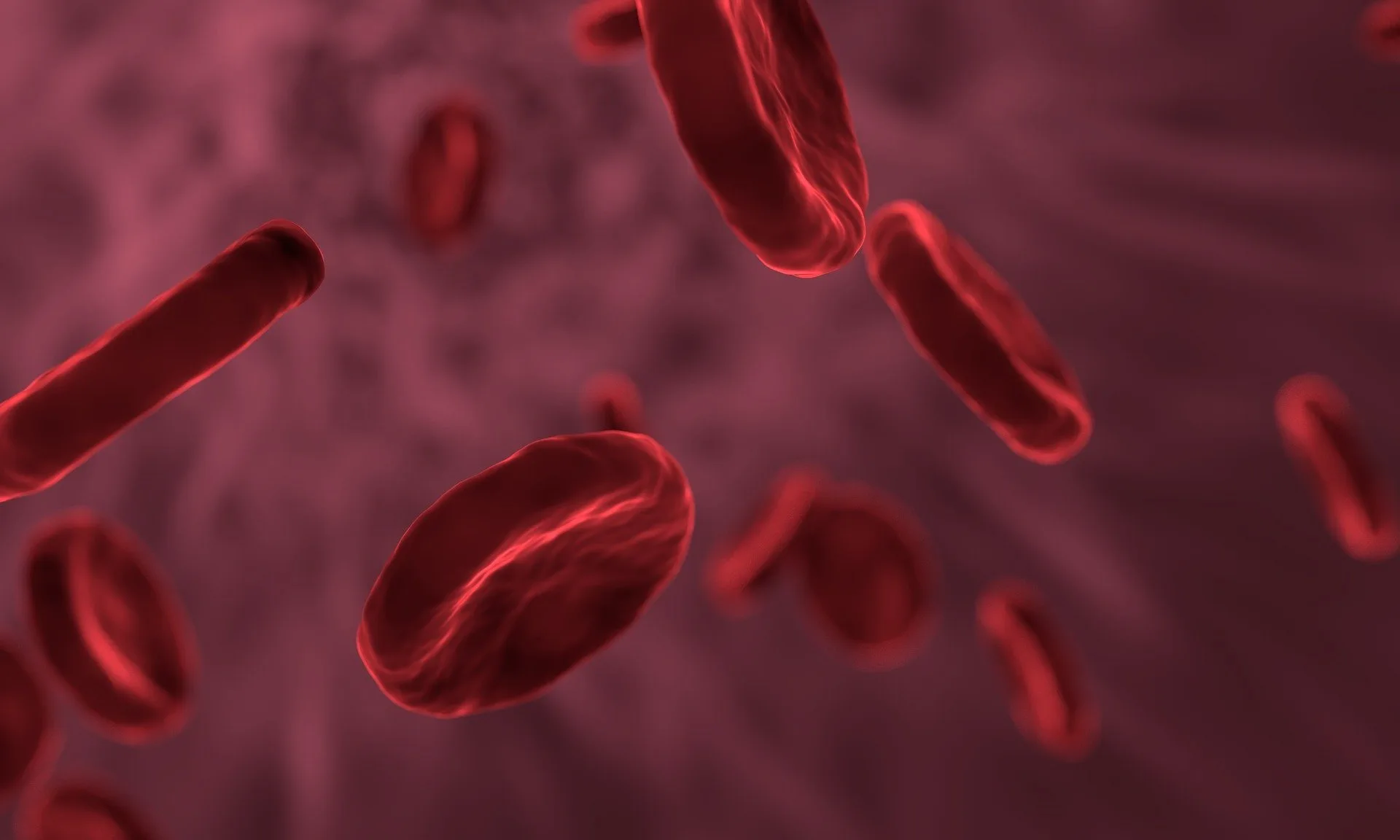World Haemophilia Day is commemorated on the 17th April. Haemophilia is a rare disorder when your blood does not clot effectively – due to a lack of blood-clotting proteins. When you have haemophilia, you may bleed for longer after an injury for example. People with haemophilia don’t need a special diet, but they do need to eat well and maintain a healthy weight. The goal is to keep your joints healthy and strong and to keep extra weight off in order to avoid bleeding in vulnerable joints and muscles. Excessive weight puts strain on your joints and also increases the amount of replacement therapy needed to prevent or treat a bleed.
As mentioned, a big health concern associated with Haemophilia is bleeding in your body, especially your knees, elbows and ankles. The internal bleeding can damage your tissues and organs, which can be life-threatening. Gert Coetzee, pharmacist and diet pioneer who founded The Diet Everyone Talks About says that it’s important to take charge of your health when you have Haemophilia. Below he lists some hints and tips on what to eat and what to avoid when watching your weight:
Hints and tips on your diet when watching your weight:
- Increase your intake of whole grains – oats, brown rice, whole wheat bread, cereal and pasta are good options and they will also help you stabilize your blood glucose levels.
- Increase your consumption of vegetables and fruits – dark, leafy greens and brightly colored fruits and vegetables are good sources of minerals and vitamins. They are also a good source of fibre.
- Avoid saturated fats – like polyunsaturated fat, monounsaturated fats can decrease your risk of heart disease as it lowers your blood cholesterol levels. Omega-3 fatty acids have proven to be particularly good for your heart. Examples of polyunsaturated fats include: sesame oil, cottonseed oil, sunflower oil as well as nuts and seeds. Good sources of monounsaturated fats are peanut oil, olives and avocado.
- Choose low-fat / fat-free dairy products – skimmed milk or low-fat cheeses are good sources of minerals, vitamins as well as calcium without consuming unnecessary fats.
- Bake, grill or boil instead of frying – avoid frying and using rich toppings, sauces and gravies when you cook as these are filled with calories. Rather grill or boil lean meats like fish and poultry.
Foods rich in iron
People with bleeding disorders need to maintain normal blood cell production and blood volume. The body uses iron to produce red blood cells which carry oxygen to your muscles. Iron is lost when you bleed, therefore iron-rich foods may help you recover faster if you have a bleeding episode. Foods rich in iron include:
- Liver
- Eggs
- Beans
- Seafood
- Nuts and seeds
Foods rich in calcium
Calcium is required to keep bones strong and to maintain healthy teeth. People with haemophilia need healthy bones and teeth, since dental work and gum disease can lead to bleeding. Foods that contain calcium include:
- Greek yoghurt
- Almonds
- Low-fat cheese
- Dark, leafy, green vegetables
- Sardines
Foods to avoid
This is basic diet principles, and applicable to everyone, but especially important to those suffering from haemophilia. Stay away from foods high in saturated fat and sugar. You should avoid fried foods, snacks, sweets and fizzy drinks. Some herbal supplements can make bleeding worse, so you should consult your doctor before taking any. Try not to consume more than six teaspoons of sugar per day. In addition, limit your intake of:
- Soft drinks and energy drinks
- Full-fat dairy products
- Heavy sauces
- Food that contains trans-fat, this includes fried foods and baked goods
- Sweets and other decadent treats ₂
It’s important to note that a healthy diet is not the only thing that will help you treat Haemophilia, you need to speak to your doctor about the condition.




